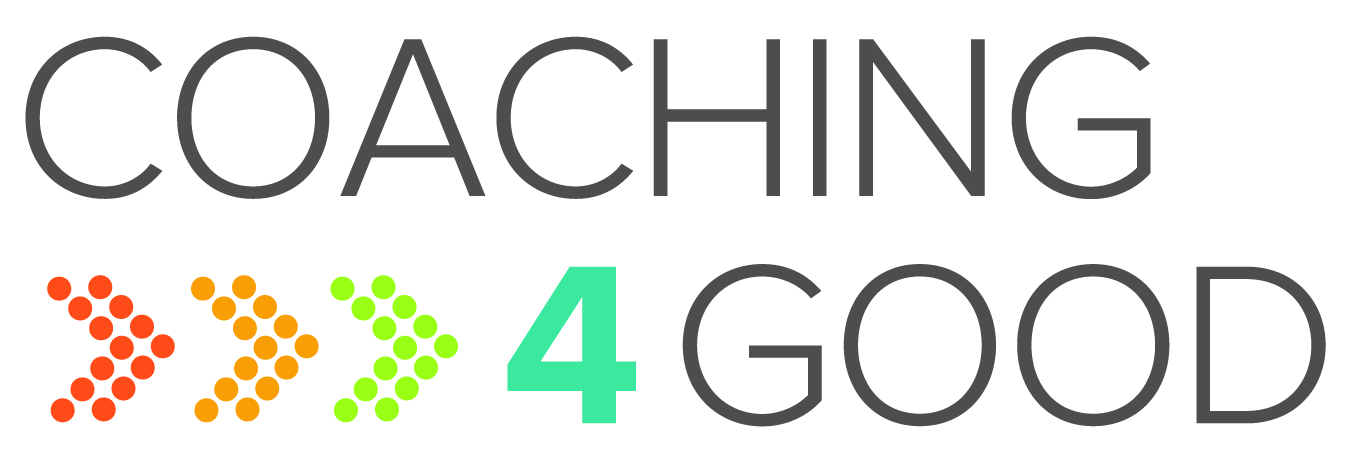The author of this guest blog asks an interesting question and would like your thoughts in the comments section. Thanks!
Recently I applied for a leadership role at a software start-up and had a 1-hour interview with the CEO. Based on the job description, it sounded like the ideal candidate needed to be very well-rounded, have a hands-on aptitude, and the ability to build a team of employees, contractors and agencies. In my interview, I sold myself as such. Boy was I off base!
Here’s the “gotcha” I wasn’t ready for: start-ups write great job descriptions but those job descriptions aren’t really what they want. A startup typically has a much more short-term outlook and is quite focused, even myopic, on a few core objectives. If you aren’t aware of those objectives and start selling yourself on other attributes you will get passed over rather quickly. Take it from me!
Here are those objectives I picked up from my interview with the CEO. These won’t be the same for every startup but I think there’s an underlying fundamental theme to what startups are obsessed with:
- Do we know what customers want?
- Can we provide the service/product those potential customers want?
- Do we have the ability to get in front of potential customers?
- Do we have the sales team that can close those prospective customers?
During my interview with the CEO, I was taken back by how rudimentary her view point was towards structuring her business. She was building a software company that focused on talent management and wanted to grow to a “$1 billion company” as quickly as possible. To do so, she identified only 4 functions that her employees were going to focus on.
Product management
A few employees focused on reaching out to customers and potential customers and asking them 1) what kind of features they wanted in their HR software, 2) what pain points and challenges existed with their existing software, and 3) how does a piece of software affect their job? The answers to these questions would guide their product development and lead generation. They needed to get these answers as quickly as possible and deliver them to the software development team.
Product development
The bulk of the employees would be coding software – building the product out. They would use the latest languages and employ the latest trends in a smooth visual and functional user experience. Speed is the key to getting a “good enough” product out the door that they could improve on later. This is where the company was spending its funding: hiring all the specialties for delivering enterprise software.
Lead generation
The role of marketing was to identify the right messaging for the target customer, identify the right channels to generate leads and then fill the pipeline with leads. There were no goals or initiatives for branding, team building, etc. It was only about finding good leads.
Sales
Sales was to focus on closing those leads and generating a few on their own. They had to reduce the sales cycle and number of touches required to a minimum and maintain a healthy growth quota. Sales reps would be regional and travel by car to customer sites – flying to see a client would be rare.
What gets me is how these areas were devoid of much else than a single goal. I agree that those are four critical areas for a software company but I question if it is reasonable to expect a company to build and grow by focusing that way. Corporate culture and career development weren’t a concern. Team development and leadership would be nice but not if they interfered with the bottom line goals.
What Do You Think?
At first I was critical of this model, but now I’m starting to admire it. I currently work for a large technology company and I’m often concerned that we have taken our eye off the ball and don’t stick to fundamentals. We waste money and our days are bloated by meetings. Our productivity can seem slow. But it’s a good place to work and you can easily spend your entire career there.
If you are used to that environment you will have to shift your paradigm about what a start-up wants when you interview with them. So what do you think? I’m conflicted and want to get your opinion on how you feel about this model and 1) what mistakes they are making and/or 2) if their thinking is innovative. Please comment below.
Amy Wolfgang
Amy Wolfgang is a career coach who founded Wolfgang Career Coaching and co-founded Coaching 4 Good. She brings over 15 years of corporate and coaching experience to help organizations boost employee engagement while simultaneously helping her clients excel in their careers. She is a certified PCM (Professional Career Manager) and has a Master’s degree in Educational Psychology from The University of Texas at Austin.









Stay In Touch